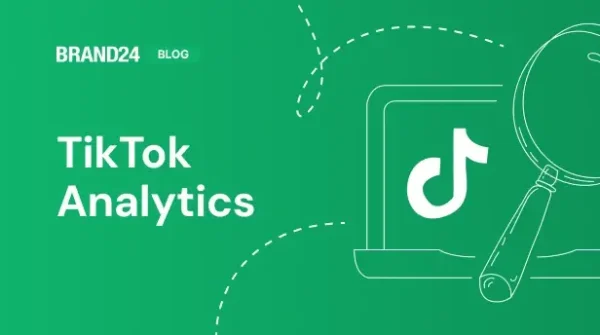How to Use Social Media Marketing for Hotels
The development of e-commerce and social media gave the hospitality industry a leg up — not only when it comes to finding, booking and managing accommodation, customer service, or online recommendations, but also social media marketing for hotels.
Imitaz Ali, who’s been managing some of the largest New York City properties, has it jus right:
Ten years ago, they would walk into a travel agency and the agent would be the one influencing their decision-making process, while today guests are completely independent and very well-informed in choosing a hotel. Publicly available reviews are everywhere, from major travel websites to hotels’ own websites. Everything is transparent: the good, the bad and the ugly.
However, there’s more to the topic of online presence in the hotel industry than reviews, booking and managing — as ecommerce and social media develop, it’s time to step up your online presence and work on hotel social media marketing.
In this post, I’ll provide a couple of ideas on how to use social media marketing for hotels. Here’s what I’ll cover:
- Social media platforms for hotels
- User-generated content in the hospitality industry
- Content marketing for hotels
- Chatbots for hotels
- Customer testimonials
- Behind the scenes
I’m afraid it’s impossible to explain in a single blog post how to use social media marketing for hostels — there’s no one-size-fits-all solution. I will present some hotel social media marketing ideas as an inspiration and motivation.
Hotels and Social Media
There’s plenty of benefits of social media marketing for hotels: social media are the best way to build and engage your audience, spread the word about your hotels, and, ultimately, get more customers. This is where consumers ask for accommodation recommendations, browse fan pages and make their minds — it’s important to be there for them and have your hotel social marketing up and running.
It’s important to remember that each social media platform is slightly different and serves different purposes.
Mark Zuckerberg’s giant is a good all-rounder — a place to cross reference other social media channels and websites. Facebook should be a mix of your entire online presence — engagement, photos, marketing campaigns, links, videos, your website content.
Page menu
The potential Facebook holds for hotel marketing are tabs you can add to your profile’s menu: TripAdvisor reviews, Instagram feed, offers, Facebook hotel booking, map, rooms, or, if available, menu. In other words, you put there the most important options and information to make it easier for your potential customer to get to know your offer and book a room at your place.
Reviews and engagement
Personally, when I look for an accommodation, I always check the Facebook page of a place first. I must say it has some influence on my decision making — not sure if it’s because I work in digital marketing, but I always like scanning a place’s Facebook feed, see how they engage fans on their page, see hotel ratings and customer feedback.
I believe that reasonable Facebook engagement and content, along with positive comments from satisfied guests is to me a solid proof that the hotel takes care of its guests both online and offline.
Social media reach
Another point goes to Facebook for social media reach and the ability of content to reach wider audience — thanks to comments, tags, likes, or shares, content can be seen also by users who don’t follow your hotel’s business page but are friends of people who engage with your hotel Facebook content.
By the way, here we have a piece on how to measure social media reach.
Facebook advertising for hotels
One of the strong points of Facebook are Facebook Ads — with their help you can boost sales by, for example, reminding your guests about completing the reservation process, showing personalized ads based on Facebook interest and online activities. Here’s a good place to start with Facebook ads for hotels.
On the other hand, we have Twitter. How to make the best use of it?
From what I observe and read, Twitter seems to be a good tool for customer engagement — Sprout Social says 47% of marketers agreed Twitter is the best social media channel for customer engagement.
Customer engagement goes hand in hand with user-generated content and Twitter is a good place to showcase the content your guests create.
There have been some super cool examples of user-generated content on Twitter in the hotel industry.
Make sure there’s the room for Instagram hotel marketing in your online presence. Instagram is all about the visuals and there are some interesting stats showing its potential in the hotel industry.
- 76% of travelers post pictures of their trips
- 96% of millennials post pictures of their trips
First of all, Instagram is a good place to show what you offer — photos of rooms, food, facilities, services, or nearby attractions and tourist destinations. Instagram purely relies on visuals so make sure your photos are excellent.
Since personalization is trending these days, remember to show people that run your place — yourself, employees, chefs, or managers. It adds a human touch, lets your guests connect and build a more personal relation.
Secondly, Instagram is a perfect tool to, again, showcase user-generated content, for example, repost content your guests generate, or invite them to post a photo with a dedicated hashtag.
Hashtags are a super important part of Instagram — they increase social media reach of your posts. A post without hashtags is basically worthless, because it reaches only your followers. Here’s a bit about how to track hashtag performance on Instagram.
There’s a few good tools to keep track of trending hashtags in the industry.
User-generated Content
Let’s talk a bit more about user-generated content as it’s probably the most effective social media marketing for hotels. There’s no more effective marketing tool than peer recommendations and customer stories as social proof.
There’s at least a couple of ways to encourage your customers to generate content. Firs of all, however, you need a dedicated hashtag they can use with their posts.
Here’s a couple of real-life examples of hotels encouraging guests to share their stories:
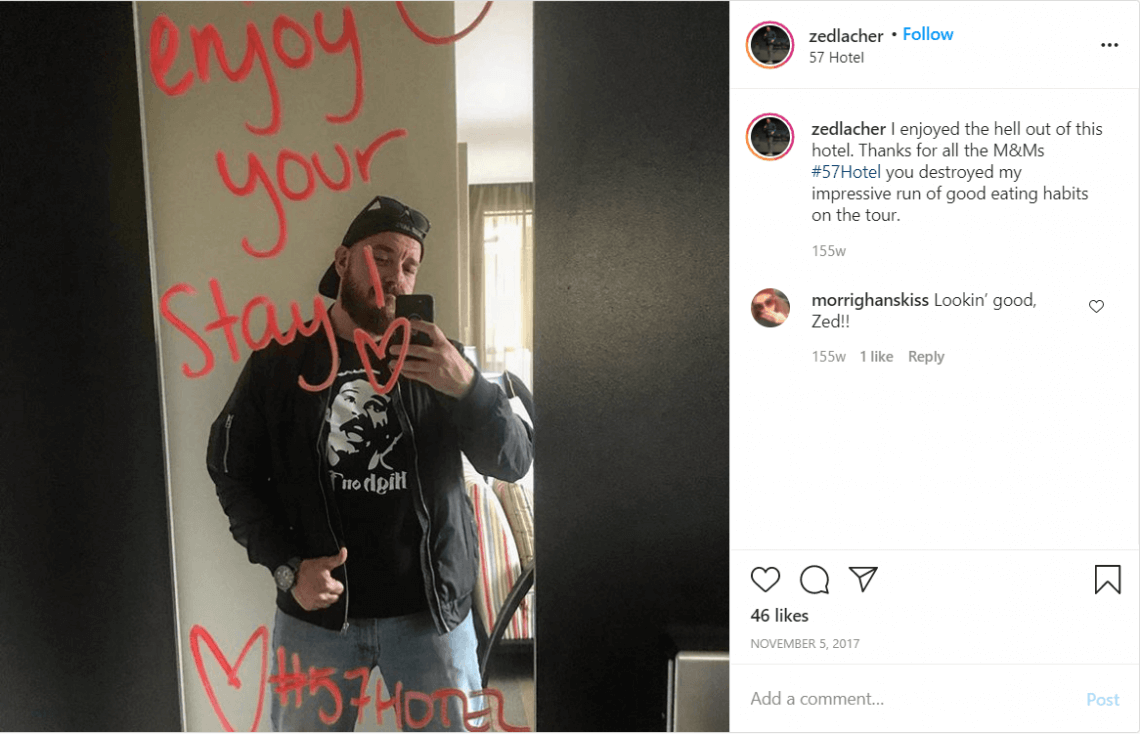
Airbnb here did a damn good job. They found out that 86% of consumers choose their platform to have a better experience — as close to the locals as possible. A dedicated hashtag #LiveThere invited users to post pictures of places they visit and share their stories.
Social Selling
Social selling is a relatively new sales technique in which salespeople use social media to find prospects asking for recommendations online. Consumers more and more ask for recommendations in social media and this is where social selling comes in.
Here’s an example of a prospect asking for recommendation in social media.
Finding consumers looking for accommodation recommendations can be done with the help of social media monitoring tools, for example Brand24.
With a correctly optimized project, the tool can find similar questions in social media, discussion forums, websites, blogs and elsewhere. Here you can learn more about it.
Content Marketing for Hotels
Content is a great way to give value to customers, stand out and build credibility.
It has many faces: blog posts, social media posts, videos, or infographics on various topics — they are entirely up to you. You’ve got to figure out the best solution for your place.
It can be dining recommendations. If your place doesn’t have a restaurant, educate your guests about nearby restaurants. Below you can find some example of hotel content marketing.
Another good way to bring value to customers is to inspire them with activity ideas in the area.
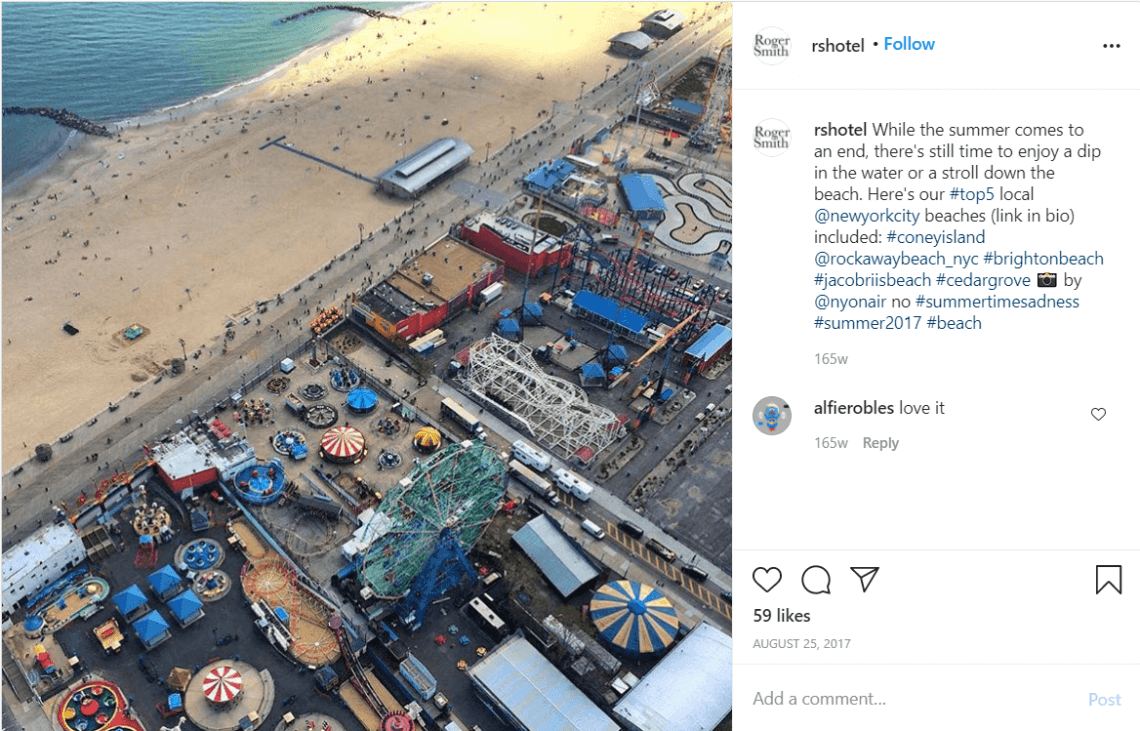
Setting up a blog is yet another way to bring value to your guests. Here, Back of House presents guests with interesting events and things to do in London in April.
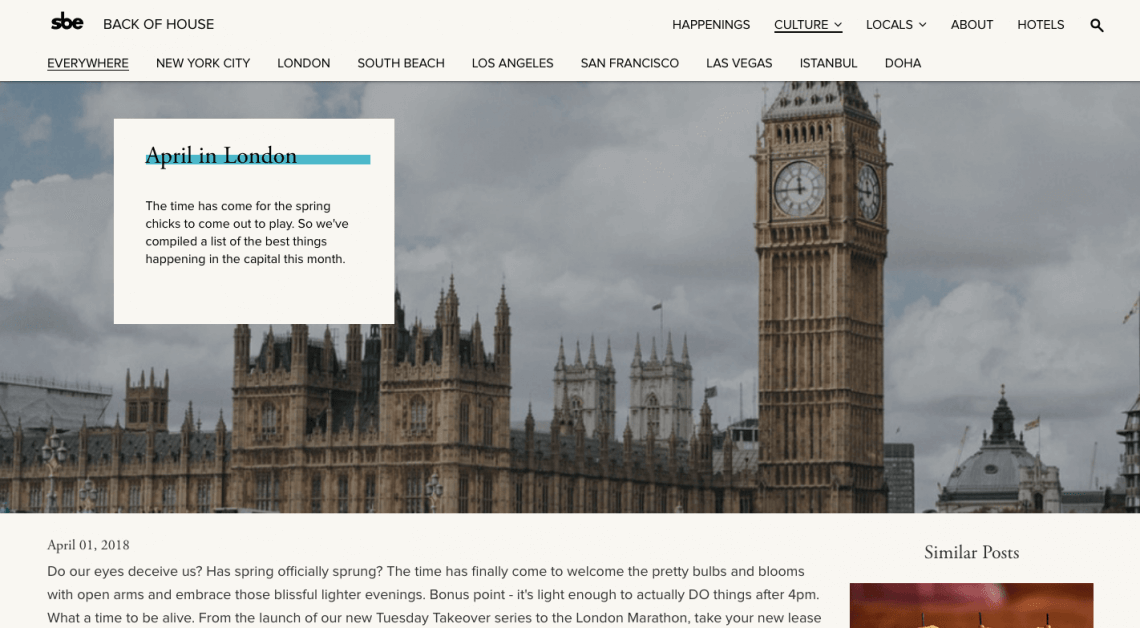
Chatbots
It seems that it’s the golden age for chatbots. Companies across all industries implement Messenger bots and that includes the hotel industry.
Chatbots can do a lot — from providing customer support, managing reservations, ending with making reservations. This niche is still booming and there’s a lot to explore.
Here’s and example of a bot from Expedia which, in fact, is not a hotel — it’s a home of travel tips, inspiration and deals. Still, similar solutions could be implemented by any hotel.
Here’s another bot from Kayak, another search engine for travel deals. Inside, users can ask the bot for inspiration, for example “where can I go for $300”, book flights, cars or accommodation, and manage their reservations.
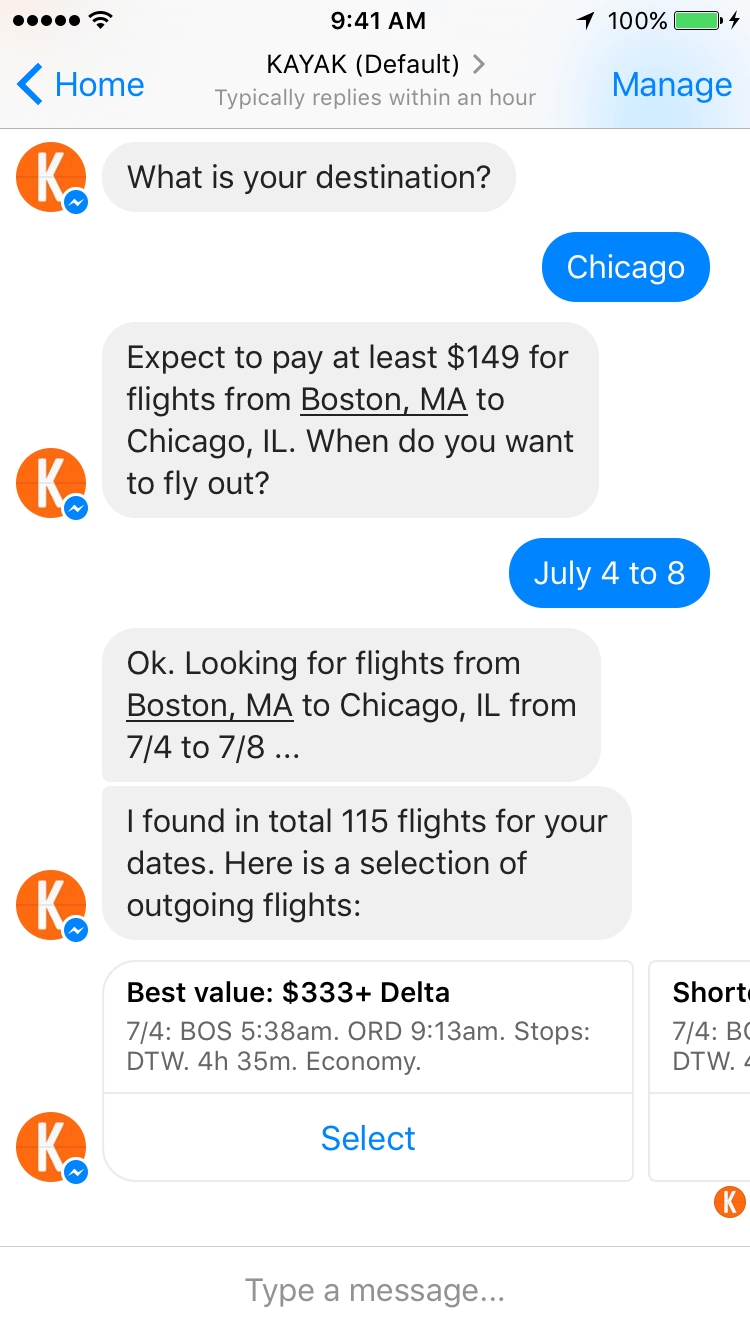
A perfect example of a chatbot for a hotel is Shri Villa & Residence. Inside the bot, customers can book a stay, find location, learn more about available rooms, services, or facilities.
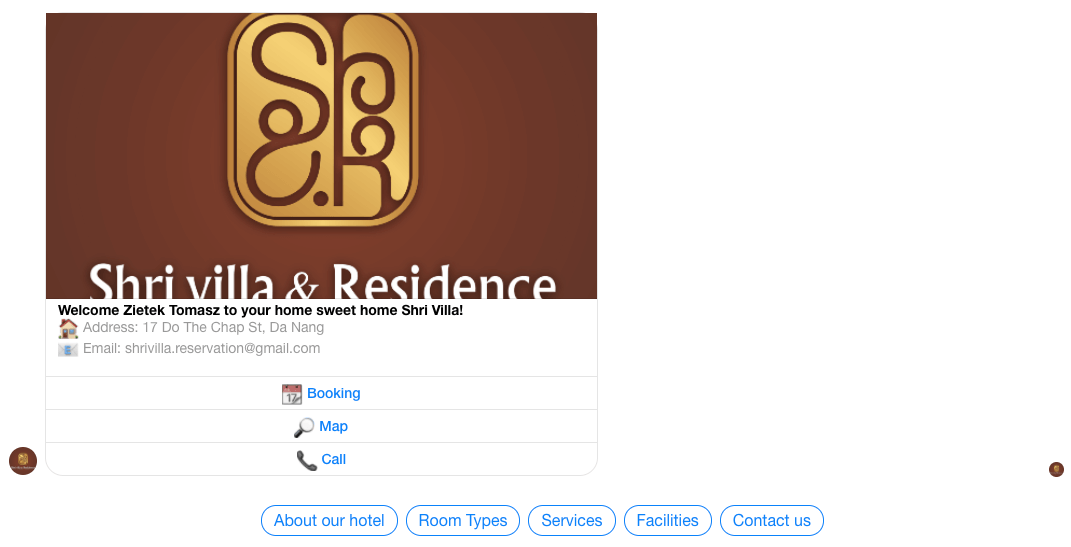
Influencer Marketing
Social media marketing for hotels can hugely benefit from influencer marketing.
Influencers are thought leaders and experts in a given niche. They usually have a significant community of followers and fans. In other words, their communities offer you a massive social media reach.
The benefit for you here is that cooperating with them gives you the access to their fans and followers — people who might become your customers.
There’s a couple of ways to get influencers on board and get publicity for your hotel.
Hotels, just like other industries, do it pretty well.
The Terrace Hotel did well in influencer marketing when they invited a group of influencers to stay at their hotel for a night and partake in a party.
TripAdvisor
TripsAdvisor is an inseparable part of social media marketing for hotels. If you run a hotel, hostel, or any other guesthouse, you should hone your TripAdvisor page.
TripAdvisor is probably the biggest and the most acknowledged review site for restaurants and accommodation. It has more than 570 million reviews and millions of users who are your potential customers.
Your TripAdvisor page and reviews in there are the social proof of the quality you provide to your guests.
There’s a couple of ways to encourage your guests to leave review. One of them are stickers you can stick to prominent spots in your hotel. To learn about other ways, read this TripAdvisor’s post about 5 free tools to remind guests to write reviews.
Live Customer Testimonials
Customer reviews you know from review sites can be taken to another level. In most cases, website customer testimonials still look like this:
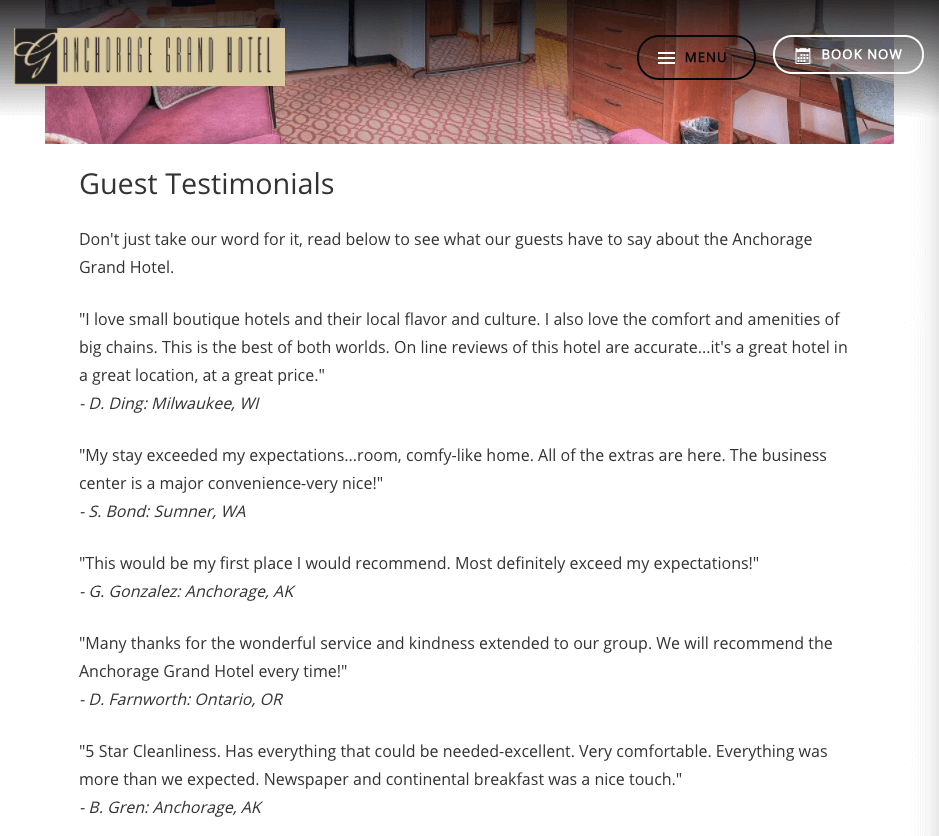
A good remedy here is something we’ve came up recently — Live Customer Testimonials.
It’s an embeddable, clickable and customizable social media feed of online pieces of content talking about your hotel. You can add to your website!
Embbedable, because it can be placed anywhere online — it’s a quick and easy task for your website developer. It’s also responsive!
Clickable, because your website visitors can access the source of a mention — for example go to Twitter and have a closer look at a mention’s author. Customer testimonials as real as they get.
Customizable, because you can adjust colors to your branding and website design.
Learn more about how to add social media feed to website.
Behind the scenes
Posting social media content presenting the backstage of your hotels is a good idea these days as personalization continues to trend.
Showing the human face of your hotel helps to build closer relationships with customers. You can achieve it by a couple of ways.
You can post pictures of your staff dealing with everyday duties
Conclusion
There’s no sure-fire recipe for success in social media marketing for hotels. What’s certain, though, is that quality service should come first and marketing should come second.
Related articles

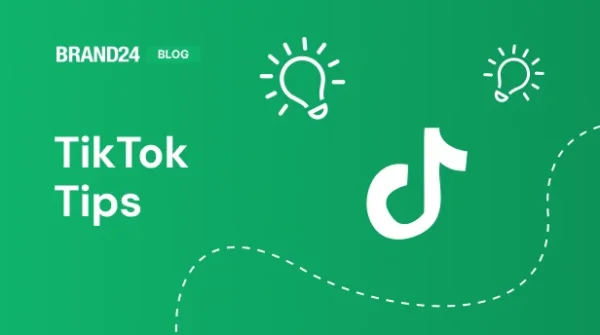
![What is Podcast Monitoring? [Tools & Tips for 2025]](https://brand24.com/blog/app/uploads/2024/02/podcast_monitoring_tools-600x335.webp)
![10 Key Social Listening Metrics You Should Track [2025]](https://brand24.com/blog/app/uploads/2025/07/social_listening_metrics_digital_marketing_blog_cover_615x345-600x335.webp)

